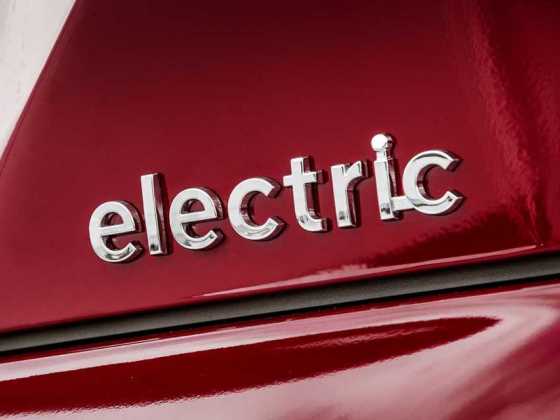Electric vehicles produce less CO2 than petrol cars

A new study has revealed that electric vehicles produce less carbon dioxide than petrol cars across the vast majority of the globe.
Researchers from the universities of Exeter, Nijmegen and Cambridge found that in 95 per cent of the world, driving an electric car is better for the climate than a conventional petrol car. In fact, in 53 of the 59 regions used in the study they found that electric cars and heat pumps are less emission-intensive. This includes the whole of Europe, the U.S. and China.
Some experts have argued against the effectiveness of electric vehicles in the challenge to reduce carbon emissions, with detractors pointing to the energy consumed during electric vehicle production, along with the electricity used during recharging. However, the findings will prove a boost for government across the world.
Average lifetime emissions from electric cars are up to 70 per cent lower than petrol cars in countries like Sweden and France, which get most of their electricity from renewables and nuclear, and around 30 per cent lower in the UK. The study claims that, in a few years, even inefficient electric cars will be less emission-intensive than most new petrol cars in most countries, as electricity generation is expected to be less carbon-intensive than today.
The universities project that in 2050, every second car on the streets could be electric. This would reduce global CO2 emissions by up to 1.5 gigatons per year, which is equivalent to the total current CO2 emissions of Russia.
Dr Jean-Francois Mercure, of the Global Systems Institute at the University of Exeter, said: “We started this work a few years ago, and policy-makers in the UK and abroad have shown a lot of interest in the results. The answer is clear: to reduce carbon emissions, we should choose electric cars and household heat pumps over fossil-fuel alternatives.”



